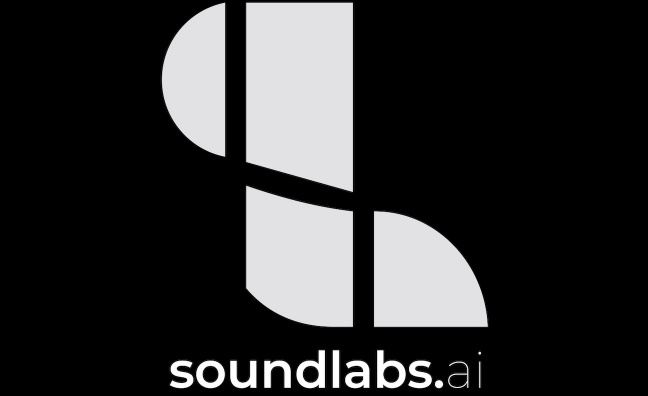Universal Music Group has partnered with SoundLabs, an AI technology company offering responsibly trained AI tools for music creators.
The strategic agreement will enable UMG’s artists and producers to use SoundLabs MicDrop, an AI vocal plug-in, to create official ultra-high fidelity vocal models. It means artists can use their own voice data for training, while retaining control over ownership and giving them full artistic approval and control.
Launching this summer, MicDrop is a real-time plug-in compatible with all major DAWs. It allows artists and producers to explore vocal transformations, including voice-to-voice, voice-to-instrument, speech-to-singing, language transposition, and more.
“Together, UMG and SoundLabs are collaborating to allow UMG artists to create custom vocal models that will be available for their exclusive creative use cases, and not available to the general public,” said a statement.
SoundLabs was founded by Grammy-nominated producer, composer, software developer and electronic artist BT. With a career spanning over 25 years, BT has released, produced, and remixed music for artists including David Bowie, Madonna, Sting, Death Cab For Cutie, Peter Gabriel and Seal. He has also scored films such as Monster and The Fast and the Furious.
As a software developer, BT has patented and developed award-winning audio plugins like Stutter Edit, BreakTweaker (iZotope), Polaris and Phobos (Spitfire Audio), among many others. His software products have generated over $70 million in gross sales.
SoundLabs founding team also includes award-winning, veteran software developers Joshua Dickinson and Dr Michael Hetrick of Unfiltered Audio.
MicDrop is the first in a suite of interoperable AI tools and services developed by SoundLabs for sound design and music generation.
“SoundLabs’ goal is to place powerful new compositional tools at artists’ fingertips, while supporting proper management of their intellectual property,” said a statement. “SoundLabs was founded with a foundational respect for intellectual property rights and is focused on helping artists retain creative control over their data and models.”
SoundLabs founder BT said: “It’s a tremendous honour to be working with the forward-thinking and creatively aligned Universal Music Group. We believe the future of music creation is decidedly human. Artificial intelligence, when used ethically and trained consensually, has the promethean ability to unlock unimaginable new creative insights, diminish friction in the creative process and democratise creativity for artists, fans and creators of all stripes. We are designing tools not to replace human artists, but to amplify human creativity.”
Chris Horton, SVP, strategic technology at Universal Music Group, said: “UMG strives to keep artists at the centre of our AI strategy, so that technology is used in service of artistry, rather than the other way around. We are thrilled to be working with SoundLabs and BT, who has a deep and personal understanding of both the technical and ethical issues related to AI.
“Through direct experience as a singer and in partnership with many vocal collaborators, BT understands how performers view and value their voices, and SoundLabs will allow UMG artists to push creative boundaries using voice-to-voice AI to sing in languages they don’t speak, perform duets with their younger selves, restore imperfect vocal recordings, and more.”
UMG and Roland recently published the Principles for Music Creation with AI (aiformusic.info). The principles highlight the opportunity for innovation with AI in music production, composition and songwriting while underlining the need for transparency, equity and community involvement. SoundLabs is also in support of these shared principles.












